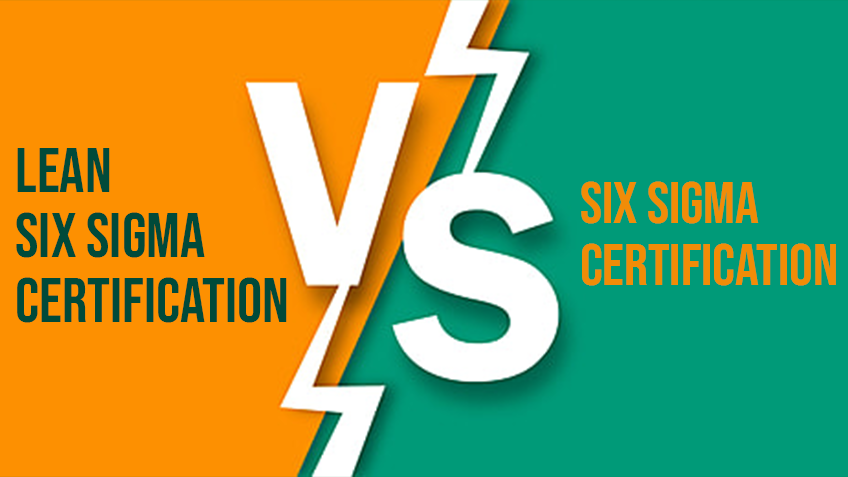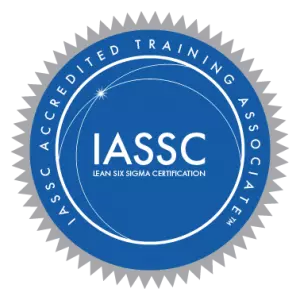
Lean Six Sigma Certification Vs Six Sigma Certification - Today’s time if you are looking for a career in quality management, most employers out there are looking for certified Quality Analysts. And nearly all fields require a Quality analyst/quality manager to control and optimize the service ranging from manufacturing, pharmaceuticals, healthcare, food industry, Technology, etc.
Which Accreditation to go for?
There comes confusion on which accreditation to go for and it’s equally important to choose the best accreditation as its gives weightage and it also ensures the training guidelines are appropriate to today’s standards. For reference, one should go for ASQ, CSSC, and AALSSC merely because of the fact that they are internationally recognized and the standards are well maintained. Coming back to our point lean Six Sigma and Six Sigma are two distinct elements. Even though they got some similarities between them both to have three belt options ranging from Green Belt, Black Belt, and Master Black Belt. So the question arises which belt is appropriate for you? To answer this you need to dig deeper into what your requirements are.
Which Mode of Delivery to choose from?
Before that, there is this to consider which is a highly debatable area and in a conclusion, it’s always suggested that the professional should opt for the training mode at his/her convenience. And if talking on the stats more and more professionals are shifting towards Live Instructor-Led classes as per feasibility. If you are in working professionally with more than three years of experience in an industry. It’s advisable to go far Six Sigma Green Belt program and the other hand if you have worked on multiple projects then you can directly go for the Six Sigma Black Belt and this was with reference to the ASQ body of knowledge. Now, what if you lack experience part as you have experience of fewer than three years? In this scenario, you can opt for a Lean Six Sigma Certification program. Similarly as stated above it is advisable and that you go for Lean Six Sigma Green Belt first and then go for Lean Six Sigma Black Belt certification. So in one statement, both of these programs have their own perquisites as one enhances the knowledge and expertise of a lesser experienced individual and another focuses on professionals with 3+ years of experience. In some places, it has been a debate on the best Six Sigma certification, and has been discussed that Lean Six Sigma is nothing but just a hybridization of lean management and Six Sigma. This is actually because of the fact that there are a few exercises and topics which coincide with these two.
Lean Six Sigma Certification Vs Six Sigma Certification: Which Certification is Better for you?
Below is the crux for reference:
| Type | Six Sigma | Lean Six Sigma |
| Definition | It’s a well-disciplined original approach that is carried out with the help of data analysis tools that optimizes performance by reducing the defect rate in the service or manufacturing industry | It’s a hybrid approach to improvisation. Lean tools are used to minimize waste and in addition to this Six Sigma approach is implemented giving it an extra weightage of lean dimension. |
| Belts | There are three belts In it: · Six Sigma Green Belt · Six Sigma Black Belt · Six Sigma Master Black Belt | There are three belts In it: · Lean Six Sigma Green Belt · Lean Six Sigma Black Belt · Lean Six Sigma Master Black Belt |
| Eligibility | Green Belt: As per ASQ's body of knowledge they require a minimum of 3 years of full-time experience for Green Belt. For Black Belt: 3 years of experience + One Completed project with Signed Affidavit Master Black Belt: At least 5 years of experience or completion of 10 Black Belt projects. | Green & Black Belt: No such requirement. Even a fresher can get enrolled in. Master Black Belt: 5 years of experience or completion of 10 Black Belt projects. |




